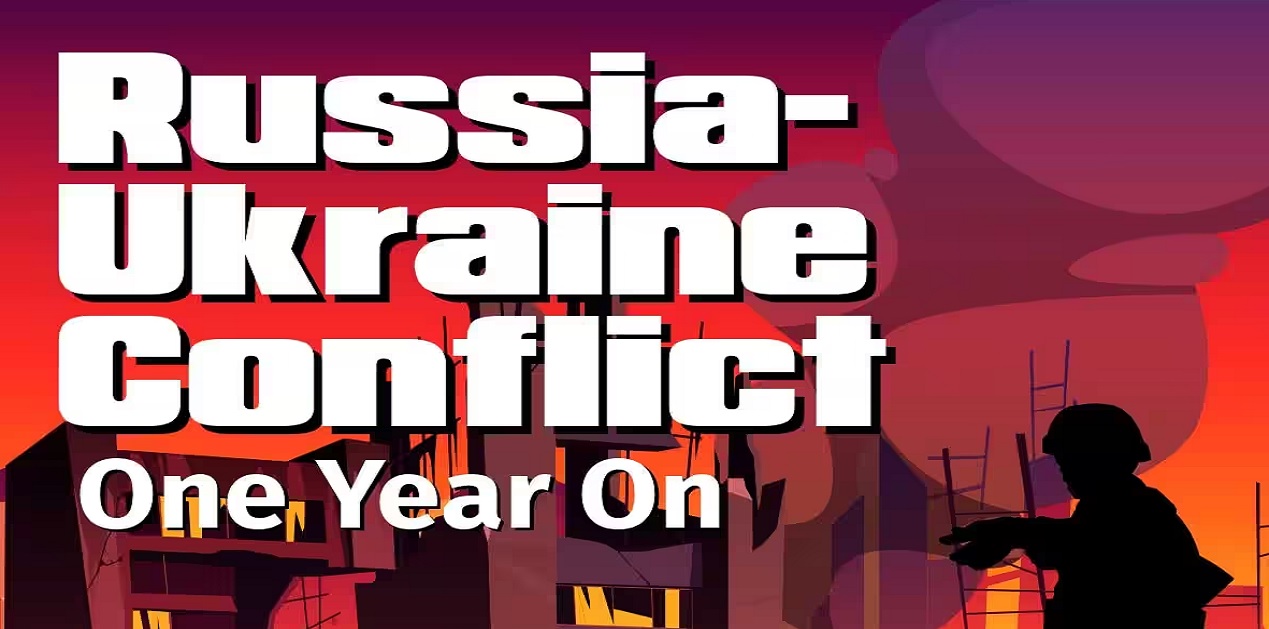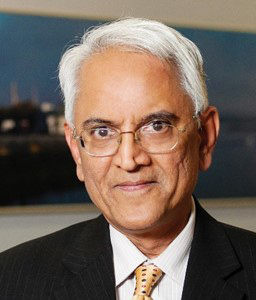No one has a clear definition of victory or end goals. The Western bloc is enthusiastically pursuing sanctions against Russia for the moment but countries like India have wisely chosen to prioritise its own economic needs
The Russia-Ukraine war is settling into a war of attrition. NATO countries recently pledged a huge additional package of military assistance to Ukraine. The message, further strengthened by US President Biden’s visit to Kyiv on February 20, is that NATO will do all it takes to help Ukraine preserve its sovereignty and independence.
What’s The Endgame?
There are various definitions of victory for Ukraine and defeat for Russia. Some NATO leaders endorse Ukraine’s demand that Russia vacate all the territory occupied over the past year, as well as Crimea (which was absorbed in 2014) and the Donbas territory seized by Russia-backed separatists in 2014-15.
Others are more cautious in articulating endgame goals. French President Macron upset some European leaders by saying that Russia’s security concerns should be factored into negotiations on Europe’s security architecture. More recently, he back-pedalled a bit, declaring that Russia “cannot and must not win the war”, though adding that Russia should, at some stage, be offered a sustainable deal.
Russia has not defined a realistic endgame. The original objective, of demilitarising Ukraine and unseating its current leadership, was nullified by determined Ukrainian resistance, with unstinting NATO support. After annexing four more Ukrainian regions even before obtaining full military control over them, Russia has no politically viable exit route.
Be Realistic On Russia
Thus, all parties to this conflict have mounted tigers, without a visible dismounting option. In recent back-to-back meetings with senior American and Russian leaders (including a rare tete-a-tete with President Putin), National Security Adviser Ajit Doval had the unique opportunity of getting their insights on the future of the war. They are not yet in the public domain.
Strategic analysts have generated colourful scenarios of a Russian military collapse, an early departure of President Putin, a new democratic regime and even a disintegration of Russia. The fog of war prevents an objective evaluation of these possibilities.
The wishful thinking of some that economic compulsions would drive the protagonists towards negotiations proved unfounded. The IMF has recently rectified earlier pessimistic predictions of global economic decline.
The US economy may grow at around 1.4 % in 2023; European growth may bottom out at 0.7%. Europe’s adaptation to the energy crisis was better than expected. The Russian economy contracted less than expected in 2022 and will see “modestly positive” growth in 2023. The IMF view is also that the current oil price cap may not significantly dent Russian crude exports.
Sanctions And Polarisation
The war has resulted in globalisation being subjugated to geopolitical considerations. NATO’s Secretary General recently declared that businesses should henceforth prioritise freedom over free trade and values over profit. Injecting these subjective elements into trade and investment decisions would impair the free movement of goods and capital.
Multilateralism has degenerated, with decision-making in international organisations stalled by the polarisation between Russia-China and the West. The “reformed multilateralism” that India and other countries have called for, to make organs of the UN more representative of the current political and economic realities, seems as remote as ever.
The spectrum of sanctions imposed on Russia by the West was unprecedented in its sweep, including even access to its own foreign exchange reserves and international banking links. Unilateral sanctions are not recognised by international law, but they are today a routine instrument of coercive diplomacy, wielded by the strong against the weak.
India-Russia: It’s Just Business
Russia could absorb the shock, because of Western dependence on its energy supplies. Other countries do not have this card. Every developing country has to develop defences and deterrents against potential sanctions by a stronger country that may decide that its interests are threatened.
Sanctions apply to entities of the countries imposing them. India has not joined the sanctions; hence the question of “circumventing” them does not arise, as long as Indian companies do not use entities, territories or currencies of the sanctions-imposing countries. India will continue to import contracted defence equipment, though there have recently been delivery slippages for obvious reasons.
Increased import of Russian oil could well become a long-term trend, in tune with changing directions of global energy flows. Ironically, Indian companies export significant quantities of refined products from Russian crude to countries that have banned Russian imports.
External Affairs Minister S Jaishankar has publicly exhorted Russia to import more from India to balance Russian exports. For Indian business, it is an opportunity to enter sectors unconnected with the defence industry.
The two governments have approved payment mechanisms in local currencies to facilitate trade. The delay in their operationalisation by our business and banking circles reflects ignorance about the applicability of sanctions, reinforced by ill-informed or motivated professional advice.











Post new comment